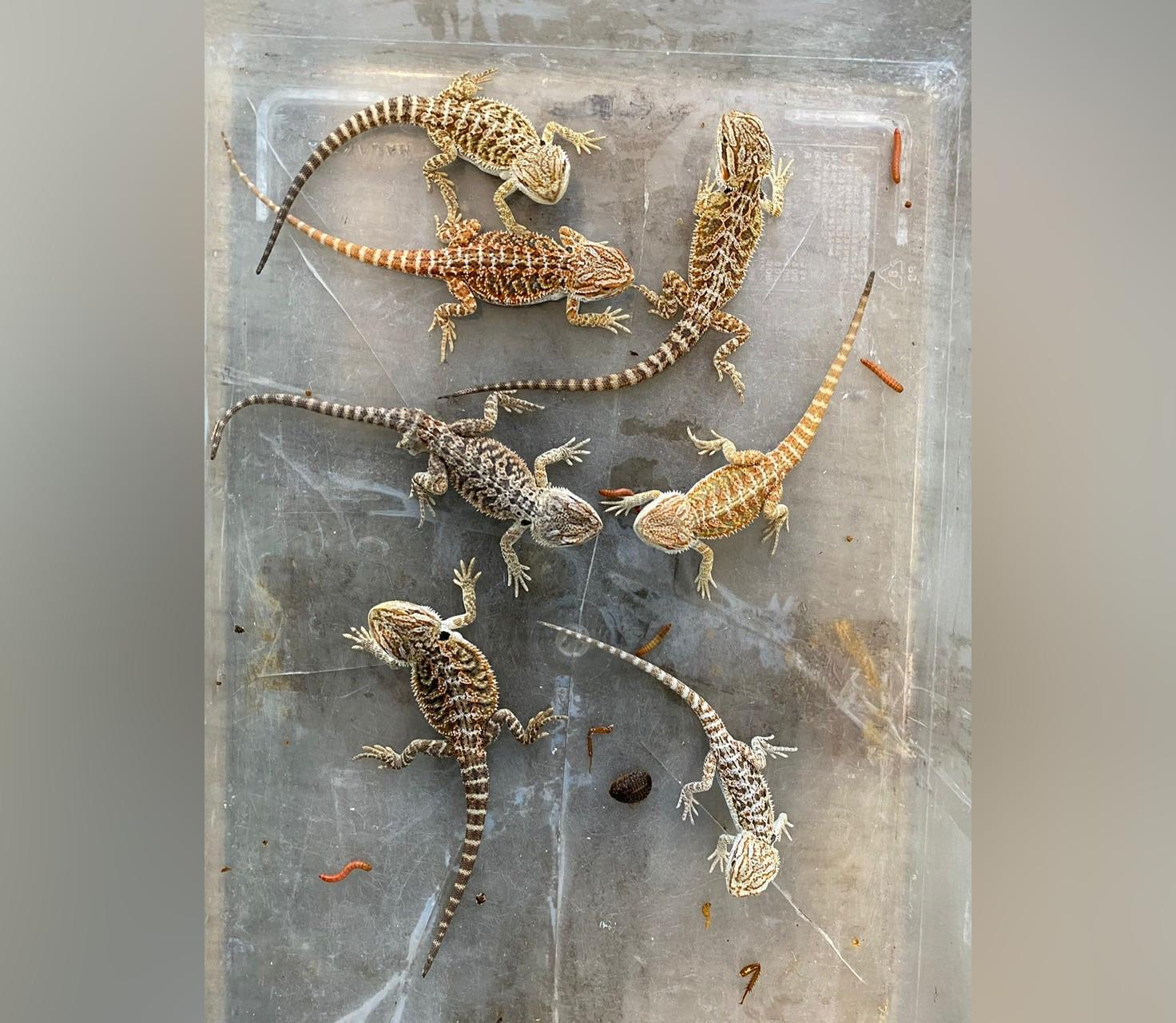By Ang Qing for The Straits Times
Copyright tnp

A 47-year-old man was fined $2,000 on Sept 17 after he was found selling bearded dragons on a Telegram chat group.
Singaporean Lim Ban Guan pleaded guilty to one charge of offering to sell the reptile illegally to a National Parks Board (NParks) officer who posed as a buyer, and one charge of keeping another bearded dragon.
Five other charges for keeping bearded dragons were taken into consideration during his sentencing.
Most exotic animals are banned as pets in Singapore. This includes bearded dragons, which originate from warm, arid areas in Australia but are popular in the pet trade.
Lim was a member of a Telegram group named SG Pets Discussion, and had posted advertisements for the sale of bearded dragons multiple times.
Despite selling bearded dragons on multiple occasions previously, he did not maintain a record of his transactions.
On April 26, 2021, at about 5pm, Lim received a message on Telegram from an NParks officer, who was acting as an interested buyer of a bearded dragon.
Some three hours later, the seller met the undercover officer at a housing block in Hougang Avenue 3 with the animal.
After chatting for awhile, the officer revealed his identity and the bearded dragon was seized.
Upon further investigation, Lim admitted that he had been keeping another six bearded dragons at his girlfriend’s home, where he was staying.
Those looking to keep pets are strongly encouraged by NParks to adopt them from animal welfare groups, or to buy from licensed pet shops, as the illegal trade of wildlife can threaten public health as well as the welfare and health of animals.
Addressing the case, NParks cautioned pet owners against purchasing pets from unlicensed sources like social media and online platforms as the health of these animals are unknown.
The statutory board said: “Irresponsible buyers who go for cheaper alternatives to bypass Singapore’s biosecurity requirements may be unwittingly introducing threats to public health.
“This is because these animals may also carry diseases that can infect other local animals as well as people who come into close contact with the animals, including the pet owners themselves and their family and friends.”
There were 42 cases of animal smuggling caught at Singapore’s borders in 2024, the highest number of such attempts in recent years.
The authorities have also seized more than 240 animals around the island in the last two years as part of efforts to clamp down on people peddling exotic animals through social media platforms such as Telegram.
They said then that greater demand for exotic pets, and the use of technologies to expose smuggling attempts, played a part in contributing to the increase in smuggling cases recorded.
Seized animals are taken to the NParks-run Centre for Wildlife Rehabilitation to be cared for while investigations are ongoing.
Once cases conclude, non-native wildlife will be repatriated if a recipient country can be found.
Those caught illegally selling wildlife like bearded dragons can be fined up to $10,000, jailed for a term not exceeding 12 months or both.
Offenders peddling wildlife deemed as protected species face higher penalties, with a fine of up to $50,000, imprisonment for up to two years or both.



